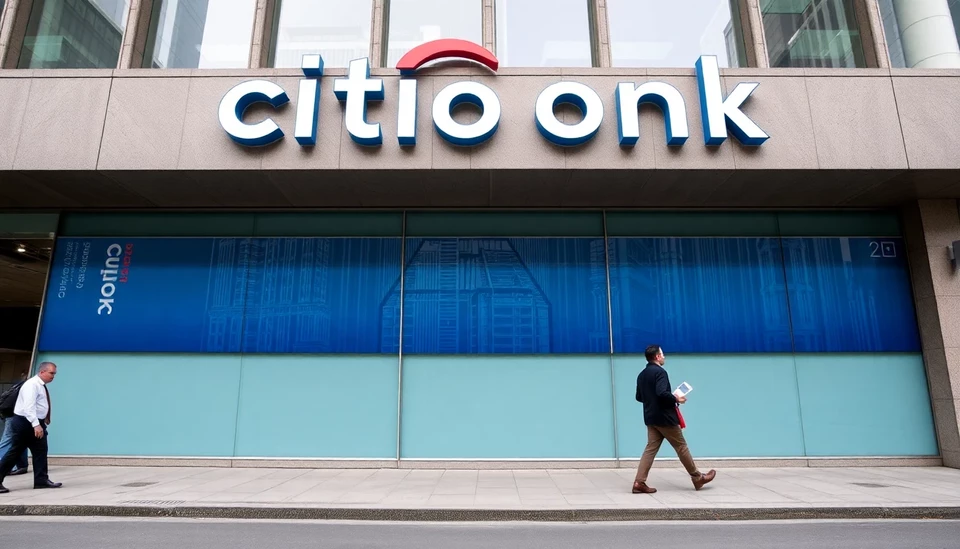
In a move that has sent ripples throughout its operations in Asia, Citigroup is still reeling from the consequences of terminating several traders in key financial hubs, including Hong Kong, Singapore, and Tokyo. The dismissals, which took place over two years ago, have continued to affect the bank's reputation and its competitive standing in a fiercely contested marketplace.
The bank’s decision to cut ties with a notable number of traders was primarily driven by shifts in strategy, as Citigroup aimed to streamline operations and enhance efficiency amidst fluctuating market conditions. However, the fallout has been significant, impacting not only the employees involved but also the firm's broader image among clients and prospective talent in the region.
Sources indicate that this purge caused a surprising level of discontent. Many of the traders who faced termination had developed strong relationships with clients and played critical roles within their teams. Their abrupt exit led to a perception of instability and a lack of commitment from Citigroup toward its employees, which has prompted some clients to reassess their partnerships with the bank.
The ongoing repercussions of these decisions are becoming increasingly evident. Reports suggest a challenging atmosphere within the bank in Asia, with remaining employees expressing concerns over job security and the potential for further cuts. Moreover, the loss of seasoned traders has taken a toll on the bank's ability to compete with rivals who have successfully maintained their talent and client relationships.
As Citigroup seeks to navigate these troubled waters, the bank is under pressure to demonstrate its resilience and reaffirm its commitment to fostering talent and delivering exceptional client service. This involves implementing strategic initiatives aimed at rebuilding trust and ensuring the recruitment and retention of top-notch professionals who can withstand the pressures of a highly competitive financial landscape.
The ramifications of Citigroup’s decisions extend beyond internal matters. Market analysts closely watch the bank’s performance in Asia, especially as it strives to regain its footing in a region characterized by rapid changes and emerging opportunities. Investors and stakeholders are keenly aware that the bank’s reputation hinges on its ability to effectively manage these challenges and innovate in an ever-evolving financial environment.
In conclusion, as Citigroup confronts the long-lasting effects of its controversial trader firings, the bank finds itself at a crossroad. Moving forward requires a balanced approach that addresses the concerns of employees and clients alike while positioning the bank for sustainable growth in Asia's dynamic marketplace.
With increased scrutiny on its operations and a pressing need for improvement, Citigroup’s leadership must take decisive action that restores confidence among its workforce and clientele. The path ahead will undoubtedly be challenging, but resilience and adaptability will be essential as the bank attempts to redefine its narrative in the coming years.
#Citigroup #FinanceNews #AsiaMarkets #Traders #EmployeeRelations #BankingIndustry #MarketDynamics
Author: John Harris




